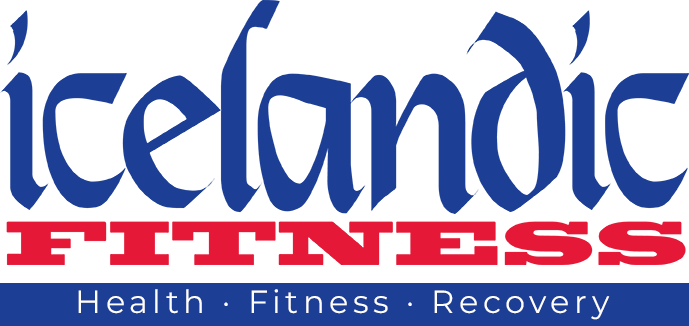Magnesium - Your bodies crucial mineral supplement
There are hundreds of supplements out there and you can go crazy trying to figure out the benefits and drawbacks to each one. Doctors sometimes tell their patients about the benefits of different supplements; for example, COQ10 is a great supplement to help you keep muscle mass if you’re taking statins for cholesterol. Statins will rob your body of the COQ10 you naturally create, so replacing it is a good idea.
Magnesium is another supplement- a mineral- that is crucial to keeping your body functioning well. Magnesium helps keep blood pressure normal, bones strong and the heart rhythm steady.
Most people should take a magnesium supplement because as a whole, Americans don’t eat enough foods that contain magnesium. Adults who take in less than the recommended amount of magnesium are more likely to have elevated inflammation markers. Inflammation has been associated with major health conditions such as heart disease, diabetes, cancer and an elevated risk of osteoporosis.
Every organ in your body, especially your heart, muscles, and kidneys, uses magnesium. In fact, if you’re experiencing unexplained fatigue or weakness, abnormal heart rhythms or even muscle spasms and eye twitches, low levels of magnesium could be to blame.
Magnesium is also an antidote to stress; it’s the most powerful relaxation mineral available and can help improve your sleep. You can think of magnesium as the relaxation mineral. Anything that is tight, irritable, crampy, and stiff - whether it’s a body part or even your mood- is a sign of magnesium deficiency.
So what do you do? Whenever possible, you should try to get your magnesium and other nutrients the natural way- including foods that are good for you in your diet. Kelp, wheat bran, wheat germ, almonds, cashews, buckwheat, pecans, walnuts, rye, tofu, soy beans, brown rice, figs, dates, collard greens, shrimp, avocado, parsley, beans, barley, dandelion greens, and garlic all have higher magnesium content. And, of course, eating whole foods is best. Refined and processed foods often lose vital vitamins and minerals.
What to avoid: drinking excessive amounts of soda or caffeine. Also know that certain medications and certain antibiotics can rob your body of magnesium.
But, like we said, most Americans can’t get enough magnesium through diet alone. So, talk to your doctor about magnesium supplements. The RDA (the minimum amount needed for adults) for magnesium is about 300 mg a day. Most of us get far less than 200 mg.
Also- be sure to check the label on your multi-vitamin before buying a separate magnesium supplement. Your multi-vitamin may contain what you need.
And, last, but not least, another enjoyable way to get magnesium- a hot bath with Epsom salts (magnesium sulfate). Your body actually absorbs the mineral while you soak. You can unwind and relax while doing something good for you.


